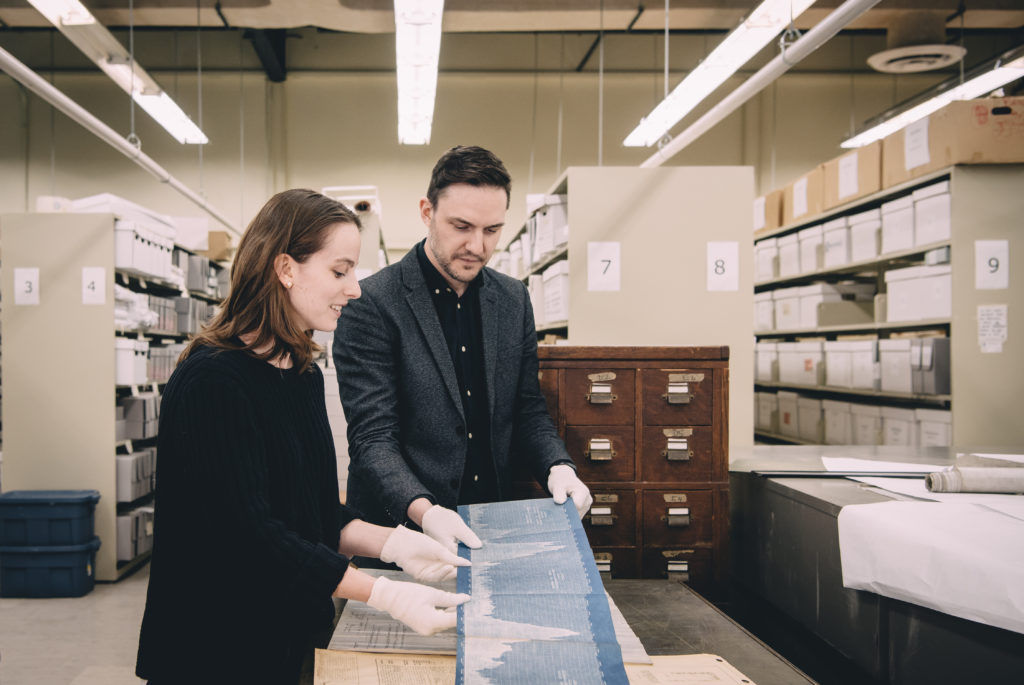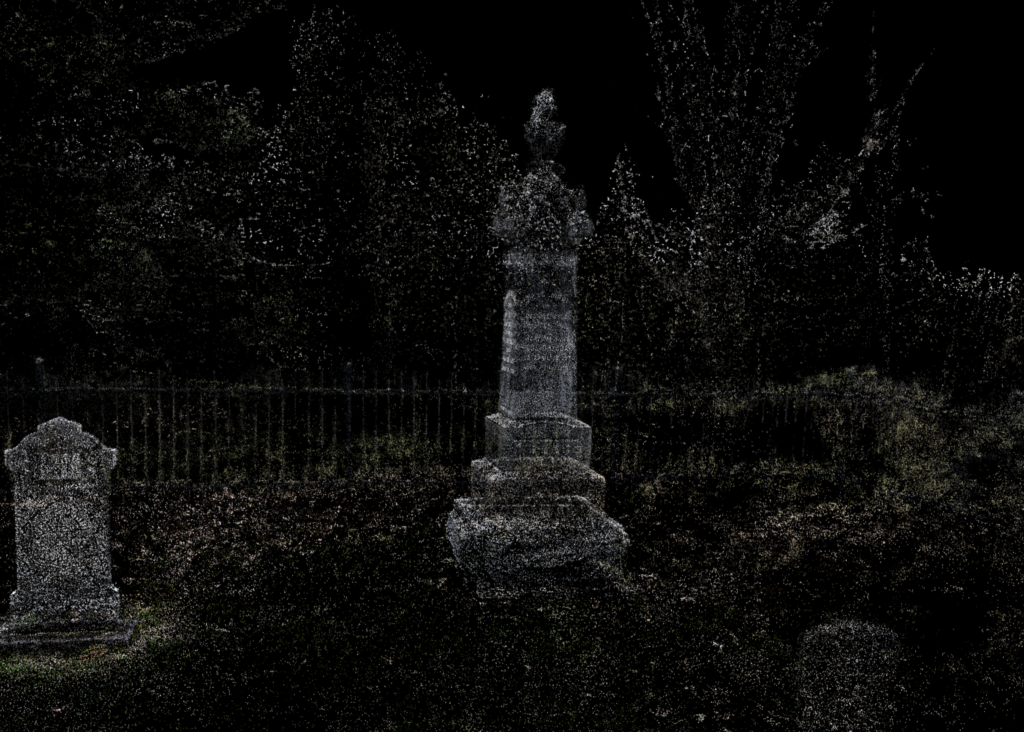As global communities become increasingly immersed in and reliant on digital technologies, Carleton University is contributing important insights on how digital media impacts society and how digital tools can help answer questions about the human experience.
Carleton University’s College of the Humanities and the Faculty of Arts and Social Sciences (FASS) are pleased to announce the creation of StudioDH, a reimagination of the professionalization component of the Master of Arts (MA) in Digital Humanities program, whose faculty and students engage in innovative research often employing progressive scholarly tools to explore the evolving and intensifying influence of digital technologies on culture, identities and communities.
StudioDH is envisioned as a public focused, inside-out community-based research and art collective that will allow students to work closely with public- and private-sector partners via a physical ‘pop-up’ style laboratory, located in the community and open to the public. Identified partners will be organizations that rely heavily on digital media, including those in the art and entertainment, media production, library and archives, museums and gaming sectors.
Student projects will cover a breadth of cross-disciplinary topics and will seek to identify community needs and present creative solutions. Past student research projects in Carleton’s digital humanities program have included: a creative representation of the environmental history of the Ottawa River through data “songs,” a scholarly digital edition of a notorious 18th century publication about ‘pyrates,’ a video game about historical memory, and a game to teach principles of philosophical reasoning for use in under-resourced schools.
StudioDH has been created thanks to a $2.2M gift from a generous Carleton donor. This donation will support StudioDH activities and related experiential learning through the creation of three funds: a Student Experience Fund, which will provide students with opportunities to learn from experts in the field and network with peers from other institutions by attending national and international conferences and events; a Student Support Fund, which will provide financial aid to students participating in the Digital Humanities program and; an Equipment Fund, which will bolster research activities. The gift will also enable the creation of a post-doctoral fellowship in community-based digital humanities.
“We are thrilled to announce StudioDH, which will enhance how Carleton carries out humanities research and teaching,” says Jerry Tomberlin, interim president and vice-chancellor. “StudioDH will offer meaningful experiential learning opportunities that prepare students to make a positive impact while also directly benefitting our community. We are grateful to the generous donor who has made this initiative possible, and to the partners who will help make it a success.”
“By taking an entrepreneurial approach to their projects, students will develop skills like problem-solving, tenacity and adaptability that will allow them to make a difference in their chosen fields in the future,” adds Laura Banducci, associate professor in the Greek and Roman Studies program and coordinator for Carleton’s Digital Humanities program.
The study and practice of digital humanities (DH) is crucial in our modern era of digital disruption. Today, there are few disciplines that remain untouched by digital media and technologies. The ubiquity of such technologies has both altered the way we navigate the world around us and provides new means of exploring and understanding our past, present and future. DH involves both using digital technologies to do historical and sociological research and applying humanistic lenses to digital tools to understand their histories and impact.

Through the Garth Wilson Fellowship in Public History offered by Ingenium and the Department of History, MA student Cristina Wood told a data-informed story about the Ottawa River using song. In this photo, Wood studies records of tailwater elevations from one of J.R. Booth’s mills on the banks of the Ottawa River, part of the museums extensive Domtar/E.B. Eddy/J.R. Booth Collection (CSTM Archives/Archives MSTC DEB-LDG-53). Wood’s project serves as an excellent example of Digital Humanities research.
“DH allows us to expand our understanding of the human experience amidst digitization,” says Shawn Graham, digital archaeologist, digital humanist and professor in the Department of History.
“At Carleton, we certainly think about how to use digital technologies to disseminate humanities research and capture imagination, better present information, and make knowledge more digestible and accessible, both physically and intellectually. But our focus has always been on the community impact side of digital humanities. We apply a critical lens to digital tools and consider how they shape our modern world, social fabric, identities and values—for example, looking at how the use of AI will affect art, culture, jobs and so forth.”
The MA in Digital Humanities at Carleton is the broadest DH program in Canada, comprising students and faculty members from 14 academic disciplines including anthropology, history, film studies, music and culture and sociology. The addition of StudioDH will further integrate public-facing and community-engaged work into the program—a unique feature among DH programs in the country.

A 3D point cloud from a local cemetery scan by Dr. Shawn Graham.
(Cross-posted from FASS)